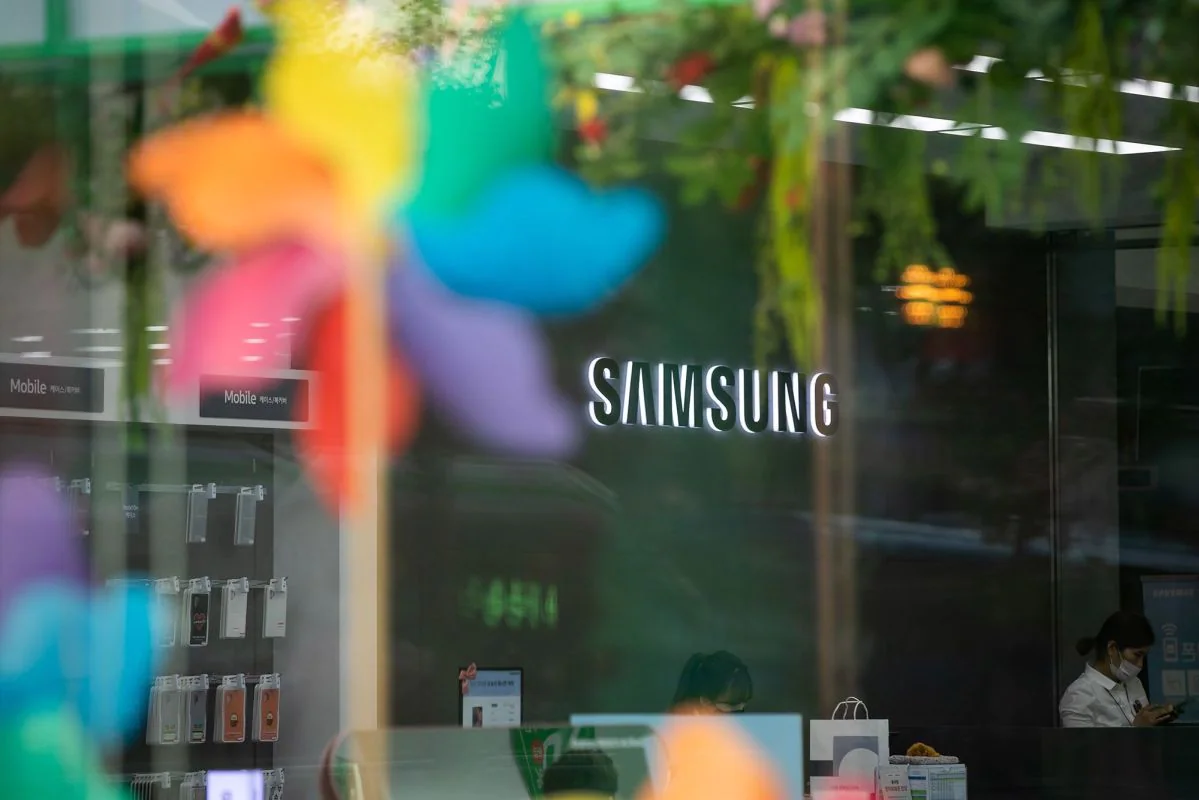Samsung Electronics’ net profits surged more than 70 percent in the second quarter thanks to higher memory chip prices fuelled by pandemic-led demand, the South Korean tech giant reported Thursday.
Coronavirus-driven working from home boosted demand for devices and appliances powered by Samsung’s memory chips. The company said that “memory shipments exceeded previous guidance and price increases were higher than expected”.
The world’s biggest smartphone maker saw net profits rise 73.4 percent year-on-year to KRW 9.6 trillion (roughly Rs. 62,280 crores) for the April to June period, the company said in a regulatory filing.
Operating profit increased 54.3 percent to KRW 12.6 trillion (roughly Rs. 81,730 crores) from KRW 8.1 trillion (roughly Rs. 52,550 crores) a year earlier, more than half of which came from the firm’s semiconductor business.
The strong results come despite an on-quarter decline in Samsung’s earnings from its smartphone business because of supply chain problems that disrupted global production.
Samsung Electronics is the flagship subsidiary of the giant Samsung group, by far the largest of the family-controlled empires that dominate business in South Korea, the world’s 12th largest economy.
The conglomerate’s overall turnover is equivalent to one-fifth of gross domestic product.
Analysts say the chip unit’s proportion of the firm’s profit is likely to grow in the months ahead.
“Samsung will benefit from memory chip prices that are likely to go higher in the third and fourth quarter,” Park Sung-soon, an analyst at Cape Investment & Securities, told AFP.
The firm anticipates favourable market conditions for the rest of the year, with continued demand for memory chips in the server and mobile markets.
But it warned that pandemic-fuelled uncertainty would persist in the second half, noting “continued disruptions in component supply”.
Samsung is expected to showcase the latest foldable smartphone models of its Galaxy Z and clamshell Galaxy Z Flip next month.
Makers of foldables are increasingly competitive, and include rivals such as Huawei and Xiaomi.
Samsung aims to solidify its position in the smartphone market “with the rollout of its premium mobile lineups as well as cheaper models in the third quarter”, said James Kang, senior analyst at Euromonitor International.
But Kang said the company could face headwinds next year, as consumer demand is likely to be weaker than in 2021.
Samsung also faces legal challenges.
Its leader Lee Jae-yong is currently on trial, charged with manipulating a takeover to smooth his succession at the top of the Samsung group.
Lee was separately jailed in January over a sprawling corruption scandal that brought down former president Park Geun-hye.
South Korea’s corporate leaders and scholars say a leadership vacuum could hamper the firm’s decision-making about large-scale investments, previously key to its global rise.
Lee is eligible for parole next month after completing more than half of his two-and-a-half year jail term.


Leave a reply